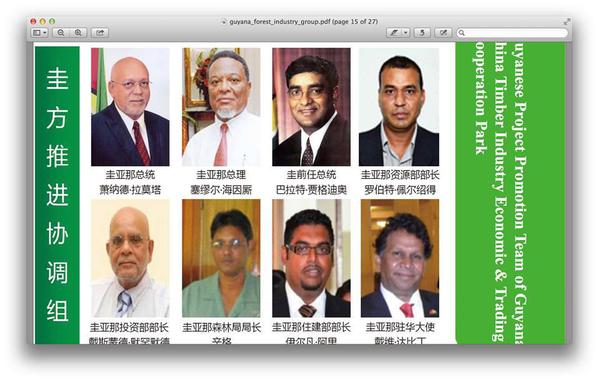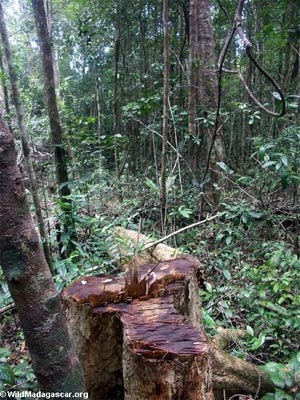the complaint is the same....they do not listen...never stop and continues as if they own the place. We have to stop it at home or our fate will be like these unfortunate places.
Note the complaint everywhere is that the local leaders are the ones permitting it by denying that there is any illegal activity. Is that not what Ramotar said?....the practice is always the same. Pay off corrupt officials.


 The activities of illegal chain-saw operators in connivance with some Chinese nationals is fast threatening the existence of the Mole National Park, one of the country’s largest forest and wild life reserves located in the West Gonja District of the Northern Region.
The activities of illegal chain-saw operators in connivance with some Chinese nationals is fast threatening the existence of the Mole National Park, one of the country’s largest forest and wild life reserves located in the West Gonja District of the Northern Region.


















